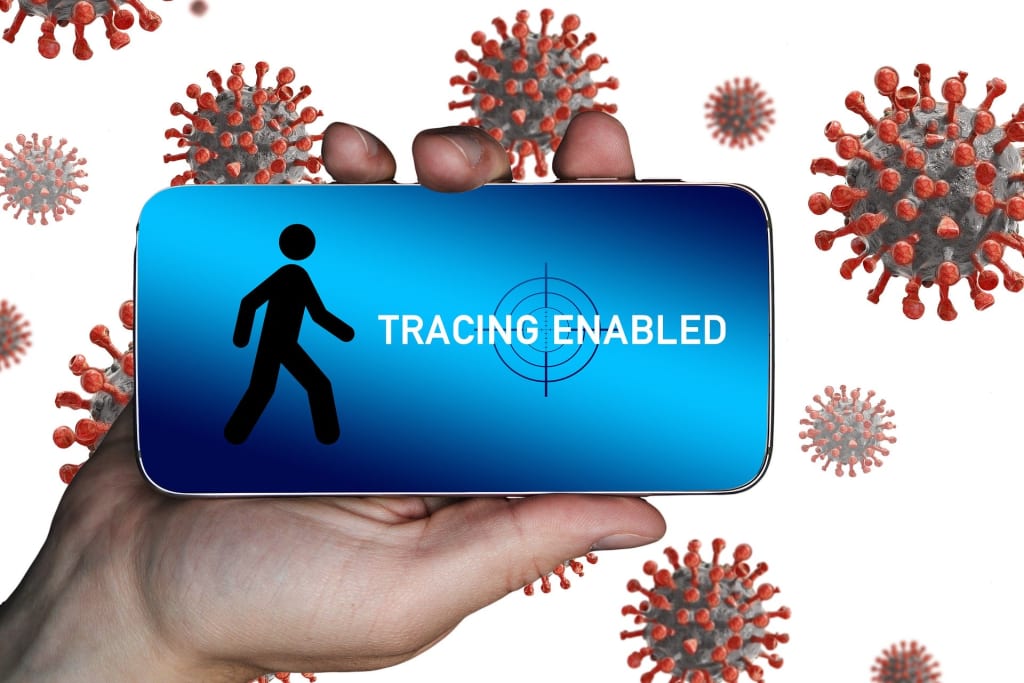COVID-19 leads to an extensive amount of tracking. Here’s how to evade the biggest spy-machines online.
During the coronavirus pandemic lots of governments are boosting their surveillance powers. Now we must understand what universal tracking means before it's too late.

COVID-19 tracking apps, facial recognition, movement tracking in China – tracking has moved from the online world to the real world. Now is the time to understand what universal tracking means for all of us.
Tracking should freak you out
The corona pandemic teaches us all about surveillance and shows us what technology is capable of and how it can affect our daily lives. New - and old - surveillance methods are all over the news, and for the first time we realize that protecting ones private life has become more difficult than ever, particularly online.
That's why it is the time to take a look at your online behaviour and try to fend off as much tracking as possible. While this seems like a tedious task, it can be achieved rather quickly by making the right decisions.
Changing online habits
First, we look at what we do most online: Surf the web, watch videos, read stuff. The tools we use most should respect your privacy and must not track you. Yes, this includes leaving Facebook – which has been popular for some time already, but there’s still more you can do.
Take your browser, for example. Most people use Chrome. But Chrome – made by Google – is all about tracking. I’d recommend to switch to Firefox and add an ad-block extensions such as uBlock, or PrivacyBadger. These block lots of tracking that is being done advertisers that follow you across the web.
Now, what else do you use on a daily basis? Email? Calendar? Most people use Gmail without noticing the extensive amount of data they give to the tech giant. Instead, try Tutanota. It has encrypted email and calendar so that absolutely no snooping can take place in your mailbox.
Next on the list must be a maps service. Do you still use Google Maps? Then try OpenStreetMap It’s an open source app that will easily get you from A to B without storing all your movement details indefinitely.
And, as I said before, most people use YouTube on a daily basis. Now this is a harder task because you can’t really watch YouTube videos on Vimeo, for instance. Fortunately, there’s invidio. Invidio lets you watch YouTube videos without being tracked. Try it, it really can be that easy!
Stay alert and keep learning
Lastly, I’d like to say that there are probably many more services online that track you. Some you can’t avoid, others you can. Now it’s up to you to stay alert. Ask yourself if you really need this and that service, if there is a better alternative out there – because most of the times there is! As privacy issues are increasing, more services pop up that want to improve life for all of us. Look out for these and make the switch.
And if you get stuck, get help. I’ve found the r/privacy community very helpful.
The most important thing you need to remember: Don’t give up before you haven’t even started.
It’s not as hard as you might think to regain your privacy online.
About the Creator
Jeff Robertson
Student, musician, Irish.






Comments
There are no comments for this story
Be the first to respond and start the conversation.